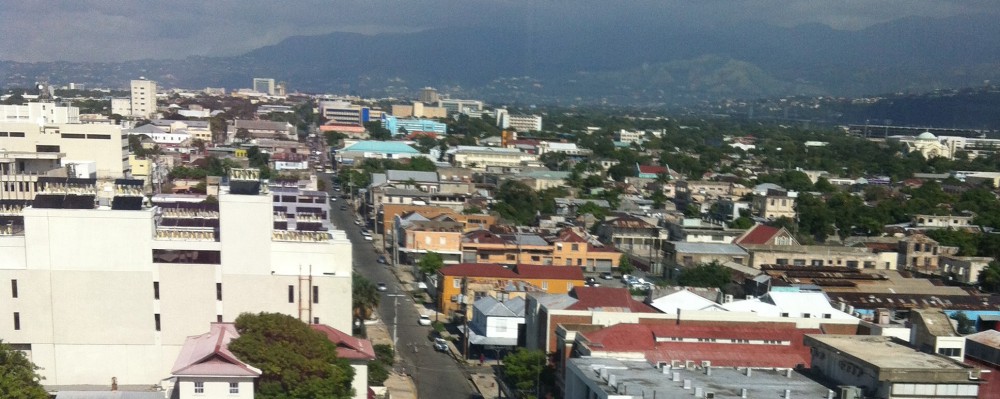I’m making some assumptions here, regarding this Jamaica Observer story. As usual, it leaves more questions than answers. Provides no context, background or history.
Here is the story in full (in fact it seems like a fragment of a story):
KINGSTON, Jamaica — Commissioner of Police Dr Carl Williams has refuted the claim, which he believes is widely held, that Jamaicans are killed at random.
Speaking to editors and reporters at the Jamaica Observer on Tuesday, Dr Williams said people who are killed are usually carefully chosen.
“Contrary to a belief that I think is widely held, Jamaicans are not necessarily going to be killed randomly,” Dr Williams said. “I am not saying there are not some of those, but the people who are killed, the victims, I think, are chosen.”
He explained that a man walking down the street will not necessarily be pounced upon and killed for no reason. He admitted though that there might be some such occurrences, but insisted that he didn’t want the country to get the impression that people are just pounced upon and killed.
“There are lots of innocent people who are killed, but they are not random,” he pointed out.
He explained that these innocent people are usually associated with individuals who may be involved in wrongdoing.
The commissioner, who is joined by other members of the police high command, used a recent bloodbath in Hanover as an example.
Last October, six members of one household were shot dead and four others hospitalised after rampaging gunmen peppered them with bullets before torching their five-bedroom board house in Campbellton.
Assistant Commissioner of Police Ealan Powell pointed out that only one of the individuals in that massacre was the target.
I assume the Police Commissioner was holding a press conference. Why? What was the occasion? Is it a regular occurrence? Why did he make these statements? Were they in response to something in particular? Because you know that authorities are usually not forthcoming unless probed with specific questions, especially when it comes to difficult topics like crime and murder.
How does this statement of fact compare to other nations? Even other years in Jamaica? What is the overall crime rate? Murder rate? Why are victims of crime chosen then? How does one avoid being chosen?
If journalism is meant to educate and inform, it is stories such as these that give it a bad name. Lack of context, history, background, excess of inflammatory facts without reason. As a journalist, you must always keep in mind the question “Why should the reader care? Why would this matter to them?” Incomplete stories such as these simply serve to inflame and confuse readers.
One might assume that this is a first draft of a story that got out mistakenly, or is even going to be updated. Unfortunately, I don’t think this is the case.
